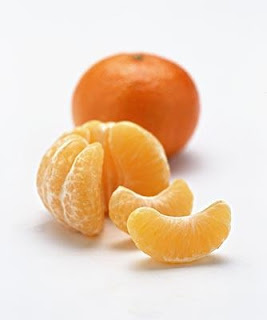Pancakes Crêpes, Pannkakor, Clătită, Okonomiyaki
This fine Monday morning I decided to write about the adorable rainbow pancakes that I made for my son. (For the recipe, go to the blog).
As I started writing about the rainbow pancakes, I realized that the pancake concept exists in nearly every culture that I can think of. It is a basic, carbohydrate rich food made of grains, water, egg and milk. Thick, thin, fluffy, bubbly, fried, wrapped, or topped – the concept is the same. It is a thin dough fried on both sides in a skillet. Some are served with breakfast, some are served at lunch, and in some parts of the world, they are served at dinner.
Today I am writing about every way we can say pancake ( or pancake version), in another language. Each foreign word will be linked to a website showing you how to make these treats. FYI – writing this blog made me hungry.












